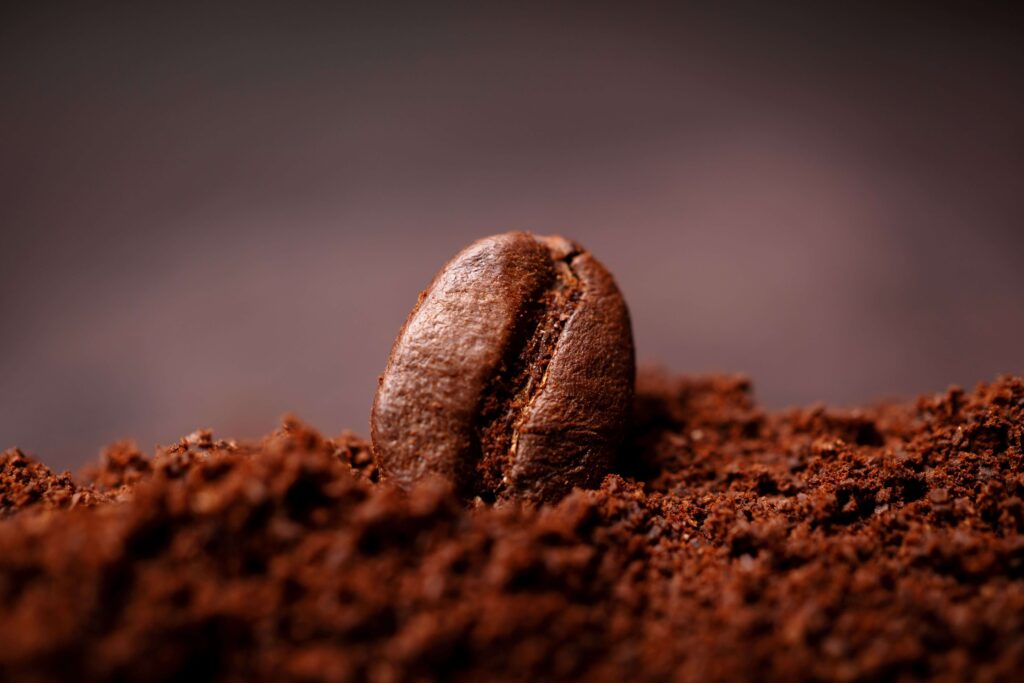Instant coffee became a household staple over a century ago, valued for its practicality and convenience. Coffee producers made tonnes of it to meet the growing demand for it in the U.S. Also, it was distributed in post-war food packages, further making it an item in many pantries.Today, however, instant coffee drinkers make up just 4% of Americans, compared to 25% globally. As global coffee culture trickles down the generations, preferences for coffee in America have been leaning toward more sophisticated and artisanal kinds. To answer the question, “Is instant coffee losing popularity in the U.S.?” We must dig into what instant coffee is, why American coffee drinkers are moving away from it, and evaluate the appeal of its substitute – specialty coffee.
What is Instant Coffee?
At its core, instant coffee is just dehydrated brewed coffee. Also known as soluble coffee, instant coffee is the definition of simplicity because preparing it is as basic as adding hot water. However, the convenience comes with trade-offs since instant coffee typically contains less caffeine (about 63 mg per serving compared to 145 mg in regular coffee). So, if you’re after a strong caffeine kick, instant coffee might not be your best bet. The type of coffee beans makes all the difference too. Instant coffee is mainly made from Robusta beans, which are more bitter and less flavorsome than Arabica coffee beans. Although the shelf life of instant coffee ranges from 2 to 20 years, it can lose its flavor over time, making it even less desirable.
Why is Instant Coffee Losing Popularity in the U.S.?
While instant coffee’s simplicity made it a favorite for decades, today’s coffee drinkers are looking for more. Let’s dive into the current coffee market. The coffee industry is divided into a few main sectors. The secondary sector includes roasted coffee beans, ground coffee, and coffee pods, whereas the tertiary sector is made of diverse drinks like brewed coffee, drip coffee, espresso-based beverages, soluble coffee, and ready-to-drink options. Instant coffee carries a bit of a stigma. People tend to look down on it because it is only a product of the real thing.
Research suggests that specialists prefer specialty coffee made from freshly ground beans, such as espresso and cold brew. Although the explosion of coffee sales began during the pandemic, lifestyle changes, innovation, and an expanding range of high-quality products have been the main drivers of the shift to specialty drinks.
The Negative Impact of the Availability of Premium Coffee Products
There are a few explanations why high consumption is a benefit for the coffee market but a challenge for instant coffee producers. Instant coffee makers are struggling as retailers fill their shelves with high-quality ground coffee options. Additionally, consumers are becoming interested in sustainability, making the additives and preservatives in instant coffee unappealing. Finally, with the rise of high-quality at-home and office coffee machines, like those available at Spresco, coffee lovers can recreate their favorite café drinks comfortably and affordably wherever they are.
The Future of Instant Coffee
Instant coffee isn’t going away despite the downsides. Brands are innovating to stay relevant; they are enhancing flavors, removing artificial ingredients, and embracing specialty coffee trends. This shift could attract a niche audience that values quick, no-fuss coffee without sacrificing quality. Additionally, with an influx of travelers from all over the world into the country, instant coffee may find some buyers among tourists.
With time, instant coffee could also take advantage of the broader trend of consumer focus in food and beverage production. Instant coffee brands could carve out a new space in the market by emphasizing sustainability and individual preferences, providing customizable flavors and eco-friendly packaging.
The Culture of Coffee
Coffee has become an intrinsic part of American culture because it influences daily routines and can be seen on television shows, in movies, on social media, and even memes. It’s a beverage that has shaped lifestyles; the two out of three Americans drinking coffee daily would agree. Specialty coffee has directly captured the imagination of millennials and Gen Z, thanks to its aspirational and aesthetic charm. As coffee manufacturers continue to create a cultural impression, the assortment of machine and drink options will likely drive even greater demand. Spresco’s coffee machines can position your office at the heart of this growing movement and allow you to cater to the developing tastes of coffee lovers in your community.
In Conclusion
While the answer to “is instant coffee losing popularity in the U.S.?” may be yes, there are still some opportunities in the general coffee market. There remains potential in the US for instant coffee to maintain its relevance as brands experiment and adapt to changing consumer needs, specifically among those who favor convenience and budget-friendliness. The future of instant coffee may depend on its ability to transform to meet the demands of a more sophisticated coffee-drinking public. Spresco remains committed to offering high-quality coffee solutions that cater to every taste, ensuring that whether you prefer instant or specialty coffee, you’re always just a cup away from satisfaction. Don’t miss out on the future of coffee – contact Spresco today and get your office brewing in no time.
